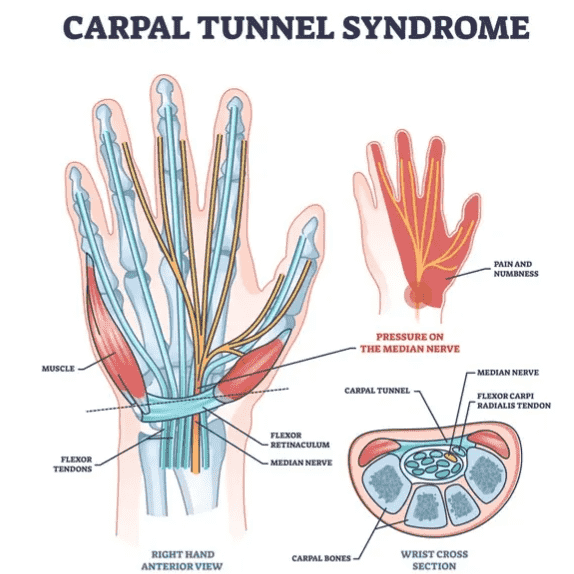BLOGS
How to Manage Knee Pain from High-Impact Activities
If you love high-impact activities like running, jumping, CrossFit, martial arts, or competitive sports, you probably know what knee pain feels like. For some, it’s a dull ache after a long run. For others, it’s a sharp pain that flares up during squats, box jumps, or takedowns. While high-impact training can keep you strong and conditioned, it also puts a lot of stress on your knees - especially if there are weak links elsewhere in your movement chain.
As a physical therapist, I want you to know that you don’t have to live with knee pain or stop doing what you love. The key is managing your pain smarter, not just “pushing through it.”
Are You Running Efficiently?: Understanding Your Running Mechanics
Running is one of the easiest and most popular ways to exercise. All you really need is a pair of shoes and a place to run, whether it’s on a road, a trail, or a treadmill. But have you ever wondered if the way you run could be causing you pain or even lead to injury? At Tualatin Valley Physical Therapy, we offer running analyses to help you improve your form and run with less discomfort.
Should You Train Through Pain? A PT’s Perspective
If you're an athlete, CrossFitter, runner, martial artist, or just someone who loves to move, you've probably faced the question: “Should I push through this pain?” It's a common dilemma, and as a physical therapist, I hear it almost every day.
The answer isn’t always black and white. Pain is complex, and not all pain means damage. In some cases, continuing to train is perfectly safe and even beneficial. In others, pushing through pain can prolong or worsen an injury.
Carpal Tunnel Syndrome: What It Is and How Physical Therapy Can Help
Chances are, you’ve heard of carpal tunnel syndrome, or maybe you’re experiencing it yourself. That familiar tingling or numbness in your fingers, the wrist pain that flares up at the keyboard, or the hand that suddenly feels weak and clumsy? That’s not something to brush off. It could be carpal tunnel syndrome (CTS), and if left untreated, it can lead to chronic discomfort or even long-term nerve damage.
The good news? You can often manage and recover from carpal tunnel syndrome without surgery, and physical therapy plays a major role.
Understanding Orthopedic PT: When and Why You Need It
Orthopedic physical therapy (PT) might sound like something only athletes or post-surgical patients need, but the truth is that almost everyone can benefit from it at some point in their lives.
If you’ve ever dealt with joint pain, muscle strains, limited mobility, or injuries from daily life, workouts, or accidents, then orthopedic PT is designed for you.
Let’s break down what orthopedic physical therapy actually is, what conditions it treats, and when you should consider seeing a PT.
Understanding the Basics: What is Physical Therapy?
Physical therapy, often abbreviated as PT, is a branch of healthcare aimed at promoting, restoring, and maintaining physical function and mobility. It encompasses a wide range of treatments and interventions designed to address injuries, disabilities, chronic conditions, and movement impairments. Physical therapists, also known as PTs, are licensed healthcare professionals who specialize in delivering personalized care to individuals of all ages.






